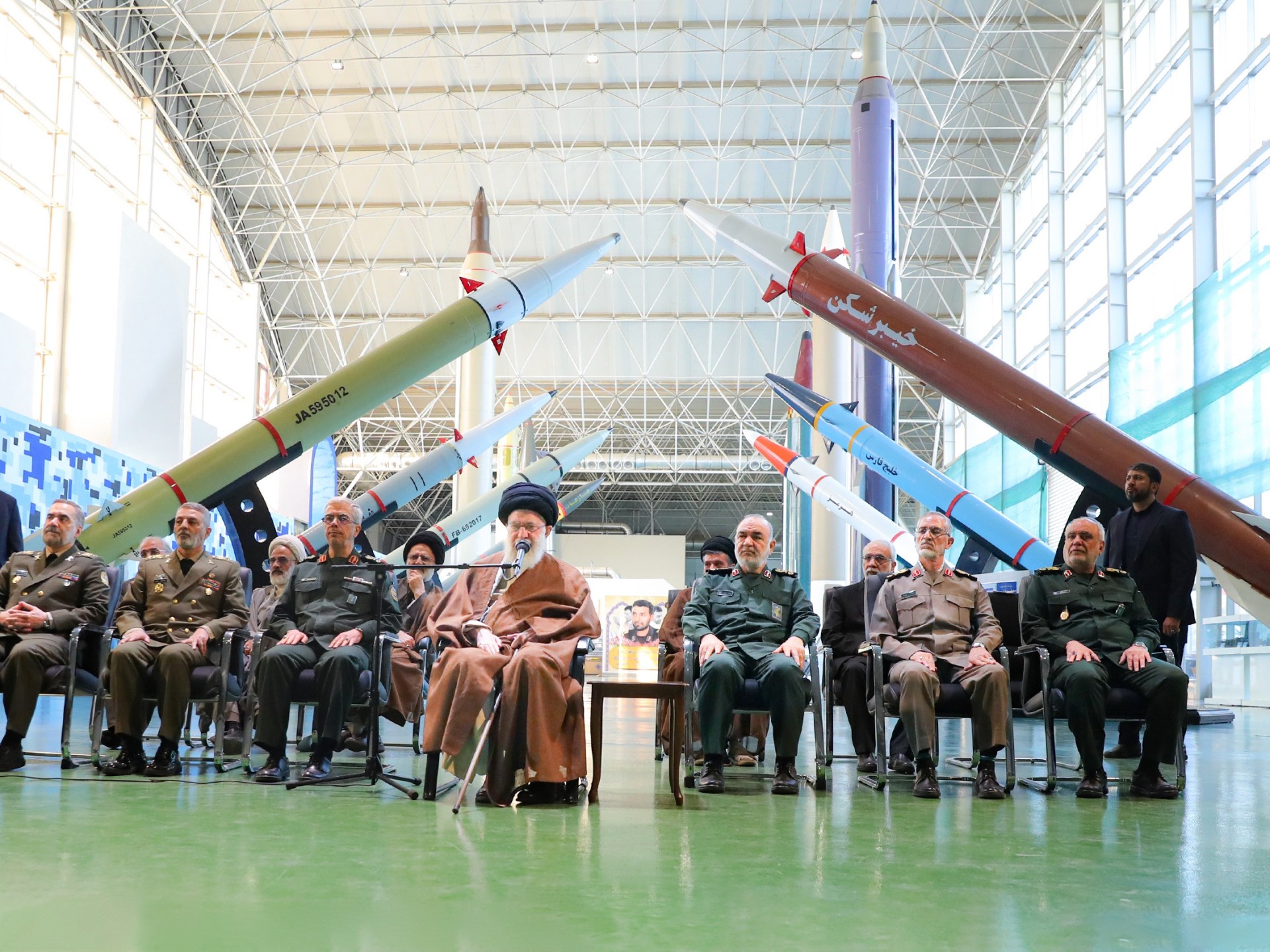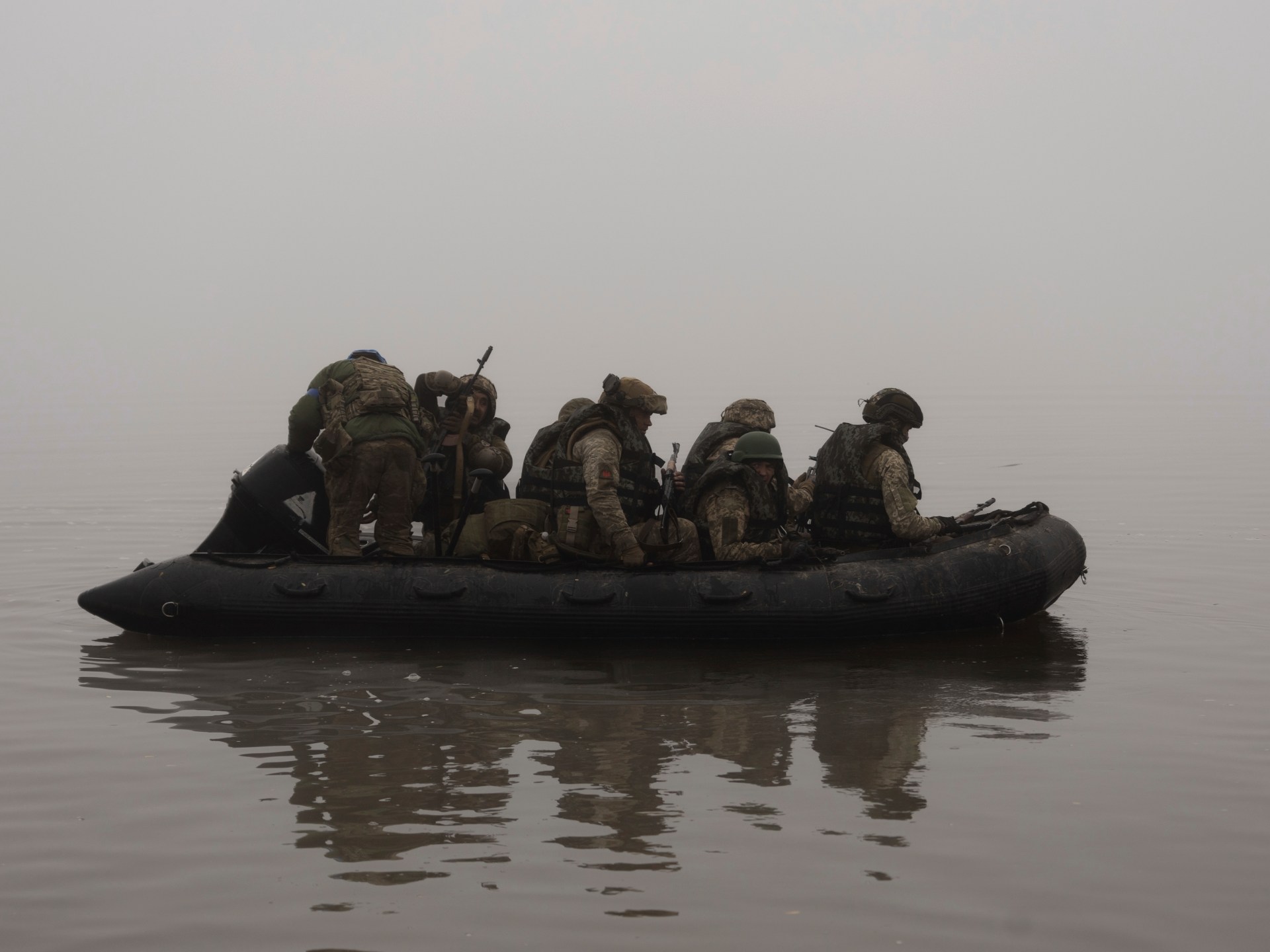
Alexei Navalny, Russian President Vladimir Putin’s fiercest enemy who fought government corruption and staged massive anti-Kremlin protests, died in prison on Friday, Russian authorities said. He was 47.
Navalny, who was serving a 19-year prison sentence on extremism charges, felt unwell after a walk and lost consciousness, according to the Federal Penitentiary Service. An ambulance arrived to revive him, but he died. It said the cause of death was “being determined.”
Kremlin spokesman Dmitry Peskov said Putin had been informed of Navalny’s death and that the prison service would investigate the matter in accordance with normal procedures.
Navalny’s spokeswoman Kira Yarmysh said on X, the platform formerly known as Twitter, that the politician’s team had not yet confirmed his death and that his lawyer traveled to the city where he was being held.
Navalny had been behind bars since January 2021, when he returned to Moscow after recovering in Germany from a nerve agent poisoning that he blamed on the Kremlin. Before his arrest, he fought against public corruption, organized large protests against the Kremlin and ran for public office.
Since then he has received three prison sentences, all of which he rejected as politically motivated.
Shortly after Navalny’s death was announced, Russian social media channel SOTA shared images of the opposition politician, who was reportedly in court yesterday. In the footage, Navalny can be seen standing up and laughing and joking with the judge via video link.
Navalny was moved in December from a prison in central Russia to a “special regime” penal colony – the highest security level of prisons in the country – above the Arctic Circle.
His allies condemned the move to a colony in the town of Charp, in a region about 1,900 kilometers (1,200 miles) northeast of Moscow, as another attempt to force Navalny to remain silent.
In Putin’s Russia, political opponents often disappeared due to factional disputes or went into exile after imprisonment, suspected poisonings or other severe repression. But Navalny went from strength to strength, reaching the top of the opposition through courage, bravery and a keen understanding of how social media could circumvent the Kremlin’s suppression of independent news outlets.
He met every setback – be it a physical attack or imprisonment – with intense devotion and faced danger with sardonic wit. This drove him to take the courageous and fateful step of returning from Germany to Russia and being safely arrested.
Navalny was born in Butyn, about 40 kilometers outside Moscow. He received a law degree from People’s Friendship University in 1998 and completed a fellowship at Yale in 2010.
He gained attention by focusing on corruption in Russia’s opaque mix of politicians and corporations; One of his first moves was to acquire a stake in Russian oil and gas companies to become an activist shareholder and advocate for transparency.
By focusing on corruption, Navalny’s work exerted a paperback appeal on Russians’ widespread sense of being betrayed, resonating more powerfully than more abstract and philosophical concerns about democratic ideals and human rights.
He was convicted of embezzlement in what he called a politically motivated charge in 2013 and sentenced to five years in prison, but prosecutors later surprisingly called for his release pending an appeal. A higher court later sentenced him to probation.
The day before the verdict was announced, Navalny had registered as a candidate for the office of Moscow mayor. The opposition viewed his release as the result of large protests in the capital over his verdict, but many observers attributed it to the authorities’ desire to give the mayoral election an air of legitimacy.
Navalny came second, an impressive performance against the incumbent, who was backed by Putin’s political machine and known for improving the capital’s infrastructure and aesthetics.
Navalny’s popularity rose after leading charismatic politician Boris Nemtsov was shot dead on a bridge near the Kremlin in 2015.
Whenever Putin spoke about Navalny, he made a point of never mentioning the activist by name, referring to him as “that person” or similar phrases, apparently in an effort to diminish his importance.
Even in opposition circles, Navalny was often credited with an overly nationalistic outlook because of his support for the rights of ethnic Russians – he supported Moscow’s annexation of the Crimean peninsula in 2014, even though most nations viewed it as illegal – but he was largely above it override these reservations with the power of its anti-corruption fund’s investigations.
Although Navalny was ignored by state-controlled television networks, his investigations resonated with younger Russians through YouTube videos and posts on his website and social media accounts. The strategy helped him penetrate into the hinterland, far from the political and cultural centers of Moscow and St. Petersburg, and build a strong network of regional offices.
His work expanded from a focus on corruption to a broad criticism of the political system under Putin, who ruled Russia for more than two decades. He was a key driving force behind unprecedented protests against dubious national election results and the exclusion of independent candidates.
Navalny understood that he could attract attention with a pithy phrase and an effective image. His description of Putin’s United Russia power base as a “party of crooks and thieves” gained immediate popularity; A lengthy investigation into then-Prime Minister Dmitry Medvedev’s lavish shore leave boiled down to the complex’s well-appointed duck house. Soon, comical yellow duck toys became a popular way to poke fun at the premiere.
On the many occasions he was arrested, he often tweeted sarcastic remarks from police custody or courtrooms. In 2017, after an attacker threw green-colored disinfectant into his face, seriously injuring one of his eyes, Navalny joked in a video blog that people had compared him to the comic book character “The Hulk.”
Much worse was to come.
While serving a prison sentence for participating in an election protest in 2019, he was hospitalized with an illness that authorities said was an allergic reaction but some doctors said appeared to be poisoning.
A year later, on August 20, 2020, he fell seriously ill on a flight to Moscow from the Siberian city of Tomsk, where he was organizing opposition candidates. As he returned from the toilet, he collapsed in the aisle and the plane made an emergency landing in the city of Omsk, where he spent two days in a hospital while supporters pleaded with doctors to allow him to be taken to Germany for treatment.
When he arrived in Germany, doctors discovered that he had been poisoned with a type of Novichok – similar to the nerve agent that nearly killed former Russian spy Sergei Skripal and his daughter in England in 2018 and led to the death of another woman.
Navalny was in a medically induced coma for about two weeks and then struggled for several more weeks to regain his speech and movement. His first communication during recovery showcased his defiant wit – an Instagram post that said breathing on one’s own is “a remarkable process that is underestimated by many.” Highly recommended.”
The Kremlin vehemently denied that it was behind the poisoning, but Navalny disputed the denial with a bold move – essentially a deadly serious prank phone call. He released a recording of a call he allegedly made with an alleged member of a group of Federal Security Service (FSB) officers who allegedly carried out the poisoning and then tried to cover it up. The FSB dismissed the recording as a fake.
Russian authorities then upped the ante, announcing that Navalny had violated the terms of a suspended sentence in one of his embezzlement convictions while in Germany and that he would be arrested when he returned home.
Staying abroad was not in his nature. Navalny and his wife boarded a plane to Moscow on January 17, 2021. Upon arrival, he told waiting journalists that he was glad to be back and went to passport control and into custody. In just over two weeks he was tried, convicted and sentenced to two and a half years in prison.
The events sparked massive protests that reached the far corners of Russia and resulted in more than 10,000 people being arrested by police.
As part of a massive crackdown on the opposition that followed, a Moscow court in 2021 banned Navalny’s anti-corruption foundation and about 40 regional offices as extremists, a ruling that prosecuted members of his team.
As Putin sent troops to invade Ukraine on February 24, 2022, Navalny strongly condemned the war in social media posts from prison and in his court appearances.
Less than a month after the war began, he was sentenced to another nine years in prison for embezzlement and contempt of court in a case he and his supporters dismissed as trumped up. Investigators immediately launched a new investigation, and in August 2023, Navalny was found guilty of extremism charges and sentenced to 19 years in prison.
After the verdict, Navalny said he understood that he was “serving a life sentence measured by the length of my life or the life of this regime.”
A documentary called “Navalny,” which details his career, his near-fatal poisoning and his return to Moscow, won an Oscar for best documentary in March 2023.
“Alexei, the world has not forgotten your important message to all of us: We must not be afraid to confront dictators and authoritarianism wherever they appear,” said director David Roher as he accepted the Oscar.
Navalny’s wife also spoke at the award ceremony: “My husband is in prison just because he told the truth. My husband is in prison just for defending democracy. Alexei, I dream of the day when you will be free and our country will be free. Stay strong, my love.”
In addition to his wife, Navalny leaves behind a son and a daughter.
___
More coverage of Alexei Navalny: https://apnews.com/hub/alexey-navalny






Recent Comments